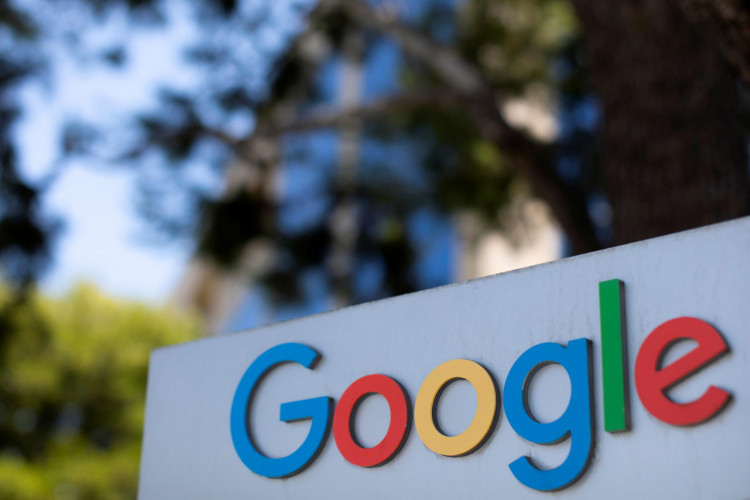Facebook's parent company Meta Platforms, Alphabet's Google, and Twitter will be subject to tighter EU online content regulations, according to the companies' monthly user counts released on Feb. 16, which exceeded the EU threshold.
The new regulation, known as the Digital Services Act (DSA), identifies organizations with more than 45 million users as extremely big online platforms subject to requirements such as risk management and external and independent auditing. They are also expected to develop a code of conduct and share data with authorities and researchers.
Last week, Meta Platforms reported that it has 255 million average monthly active Facebook users in the EU and approximately 250 million average monthly active Instagram followers in the final six months of 2022.
Twitter reported a monthly average of 100,9 million users in the EU, based on an estimate of the past 45 days.
Alphabet gave one set of numbers based on user accounts and another set based on receivers who are not logged in, indicating that users can access its services regardless of whether they are signed in to an account or not.
It was said that the average monthly number of signed-in users for Google Maps was 278.6 million, for Google Play was 274.6 million, for Google Search it was 332 million, for Shopping it was 74.9 million, and for YouTube, it was 401.7 million.
The DSA will revise the regulations governing intermediary responsibility for online companies conducting business in the European Union. It accomplishes this by providing many layers of obligations applicable to distinct groups of "intermediary service" providers.
The most onerous obligations will apply to "online platforms" and "online search engines" that have 45 million or more service recipients in the EU and have been designated by the European Commission ("EC") as "very large online platforms" ("VLOPs") or "very large online search engines" ("VLOSEs"), respectively.
In order to aid the EC in its mission of identifying and designating VLOPs and VLOSEs, Article 24(2) DSA requires all online platforms and search engines to compute and publish their AMARs figure for each individual service they offer within the EU.
Providers must publish this number by Feb. 17 and update it every six months thereafter.
Once identified as VLOPs/VLOSEs, these providers will have only four months to comply with the requirements of Section 5 of Chapter III of the DSA. Hence, depending on the popularity of the online platform or search engine in issue, this forthcoming deadline may have the effect of moving forward the date by which certain providers must be compliant with these new regulations.






